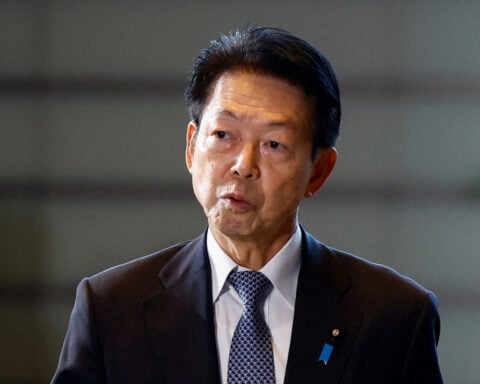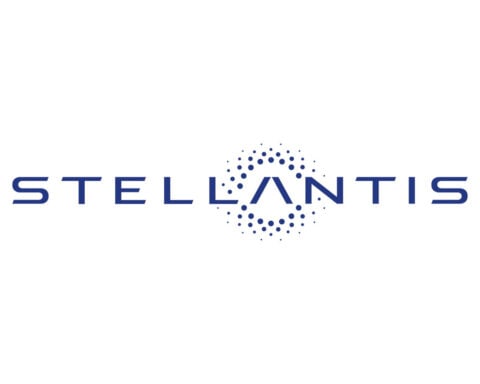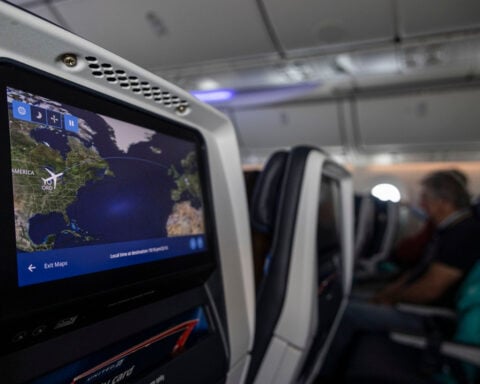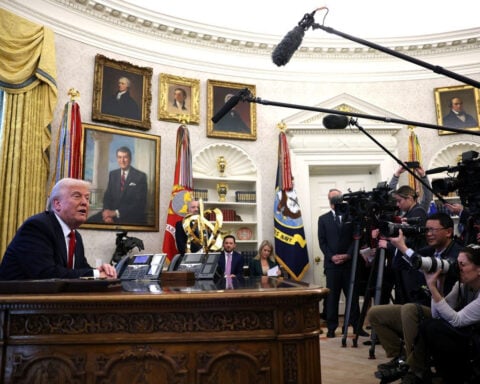By Ben Blanchard
TAIPEI (Reuters) - Taiwan was waiting for a decision by the U.S. government on whether Taiwanese chipmakers will be allowed a waiver extension to supply U.S. chip equipment to their factories in China, Economy Minister Wang Mei-hua said on Thursday.
Last October, the Biden administration published a sweeping set of export controls, including a measure to cut off China from certain semiconductor chips made anywhere in the world with U.S. tools, vastly expanding the reach of a bid to slow Beijing's technological and military advances.
South Korea's government said this week that Samsung Electronics and SK Hynix will be allowed to supply U.S. chip equipment to their China factories indefinitely without separate U.S. approvals.
"Whether it will be the same treatment as Samsung and SK Hynix, it's up to the announcement from the U.S. government," Wang told reporters in Taipei.
TSMC, the world's largest contract chipmaker, said last year it had been granted a one-year authorisation by the United States that covered its factory in Nanjing, China, that makes less-advanced 28 nanometre chips.
"TSMC has already received a one-year waiver, and now we'll have to see whether the U.S. government will further loosen the measures," Wang said.
TSMC did not respond to a request for comment on the issue.
The United States had been expected to extend a waiver granted to the South Korean chipmakers on a requirement for licences to bring U.S. chip equipment into China.
Samsung and SK Hynix, the world's largest and second-largest memory chipmakers, had invested billions of dollars in their chip production facilities in China and welcomed the move.
Samsung Electronics makes about 40% of its NAND flash chips at its plant in Xian, China, while SK Hynix makes about 40% of its DRAM chips in Wuxi and 20% of its NAND flash chips in Dalian.
The companies together controlled nearly 70% of the global DRAM market and 50% of the NAND flash market as of end-June, data from TrendForce showed.
(This story has been refiled to fix a typo in the headline)
(Reporting by Ben Blanchard. Editing by Gerry Doyle)

 Trump has begun another trade war. Here's a timeline of how we got here
Trump has begun another trade war. Here's a timeline of how we got here
 Canada's leader laments lost friendship with US in town that sheltered stranded Americans after 9/11
Canada's leader laments lost friendship with US in town that sheltered stranded Americans after 9/11
 Chinese EV giant BYD's fourth-quarter profit leaps 73%
Chinese EV giant BYD's fourth-quarter profit leaps 73%
 You're an American in another land? Prepare to talk about the why and how of Trump 2.0
You're an American in another land? Prepare to talk about the why and how of Trump 2.0
 Chalk talk: Star power, top teams and No. 5 seeds headline the women's March Madness Sweet 16
Chalk talk: Star power, top teams and No. 5 seeds headline the women's March Madness Sweet 16
 Purdue returns to Sweet 16 with 76-62 win over McNeese in March Madness
Purdue returns to Sweet 16 with 76-62 win over McNeese in March Madness







